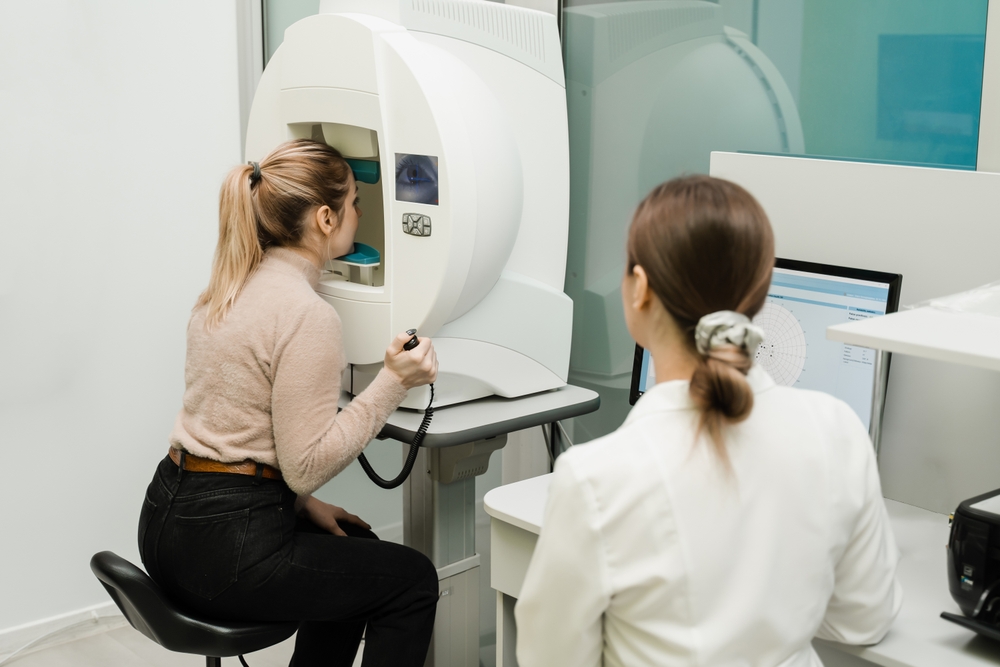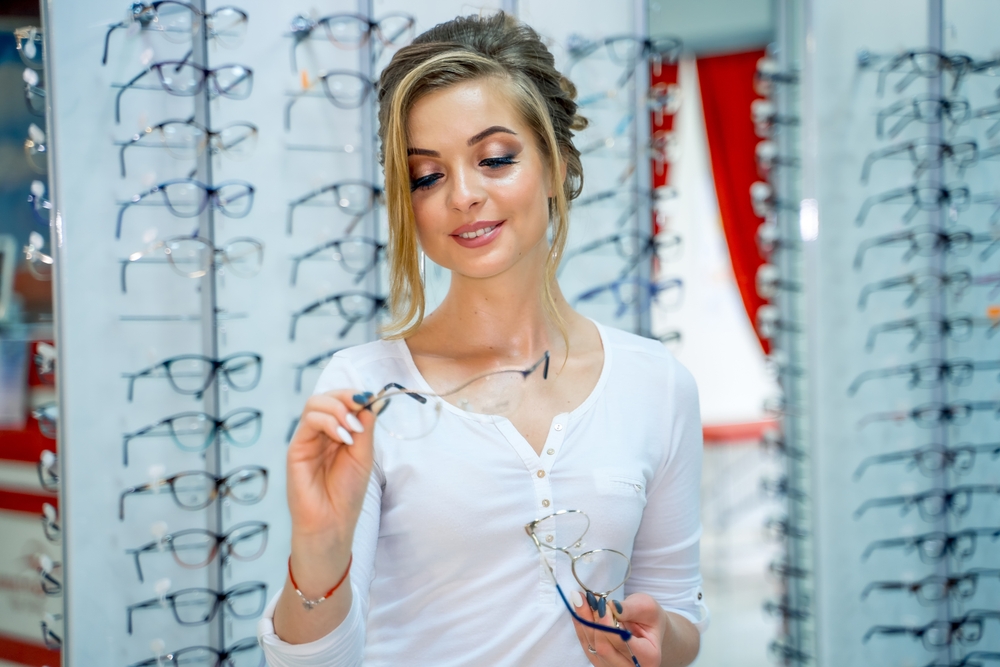
When it comes to protecting your vision, many people focus on how clearly they see or whether their eyes feel comfortable. One important factor that often goes unnoticed is eye pressure, also known as intraocular pressure (IOP). Understanding what eye pressure is and how it’s measured can help you better appreciate why routine eye exams are essential for long-term eye health.

When it comes to protecting your vision, early detection is one of the most powerful tools available. A key diagnostic test that plays a vital role in maintaining healthy eyesight is the visual field test. While many people are familiar with eye exams that measure visual acuity, fewer know the importance of evaluating the visual field.

When it comes to choosing new glasses or sunglasses, you might wonder if investing in luxury eyewear is really worth it. Beyond just helping you see clearly, your eyewear is a key part of your everyday style and comfort. Premium brands like Gucci and Wiley X go far beyond basic function, offering quality, design, and protection that stand out from ordinary frames. Here’s why making the switch to luxury eyewear is a smart investment for your eyes and your look.

For children and adults alike, effective eye tracking is essential for clear, comfortable vision—especially when it comes to reading and learning. If your child struggles with reading fluency, loses their place while reading, or has difficulty focusing on written text, eye tracking problems may be to blame. Fortunately, vision therapy offers a targeted, non-invasive solution designed to strengthen the visual system and improve academic performance.

Glaucoma, often referred to as the “silent thief of sight,” is a group of eye conditions that damage the optic nerve, potentially leading to irreversible vision loss. While many people associate glaucoma with increased eye pressure, the condition is more complex, with various forms and underlying causes. Two of the most common types are open-angle glaucoma and angle-closure glaucoma. Understanding the differences between these conditions can help you recognize early warning signs and seek timely treatment.

When it comes to eye surgery, many people assume that the surgeon handles everything from pre-op to post-op care. However, optometrists play a critical role in the co-management of eye surgeries, working alongside ophthalmologists to ensure patients receive comprehensive, personalized care throughout the entire surgical process.

As the warm summer months approach, it's essential to prioritize the health and safety of your eyes. The summer season brings a unique set of challenges that can potentially harm your vision if not properly addressed. From increased sun exposure to heightened risk of eye injuries, safeguarding your eyes during this time of year is crucial. By taking proactive steps to protect your eyes, you can enjoy the summer to the fullest while preserving your long-term eye health.

If you are a beginner considering contact lenses, it is important to understand the significance of a contact lens fitting. A contact lens fitting is a crucial step in ensuring the comfort, safety, and effectiveness of your contact lenses. By working with you optometrist, you can find the perfect fit for your eyes and gain confidence in wearing contact lenses.

In the realm of healthcare, vision health is a crucial aspect that often doesn't receive the attention it deserves. It's about more than just being able to see clearly; it's about maintaining one's overall quality of life. For individuals living with chronic conditions such as diabetes, maintaining good vision health becomes even more imperative.

Both glasses and contacts correct vision by adjusting the way your eyes focus light. While glasses do this by adding a second lens for your light to pass through, contacts alter the way light enters your eyes.










